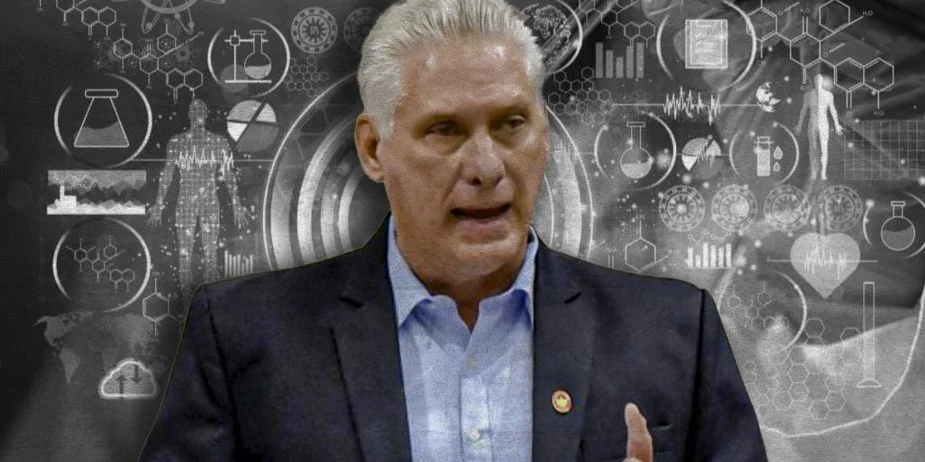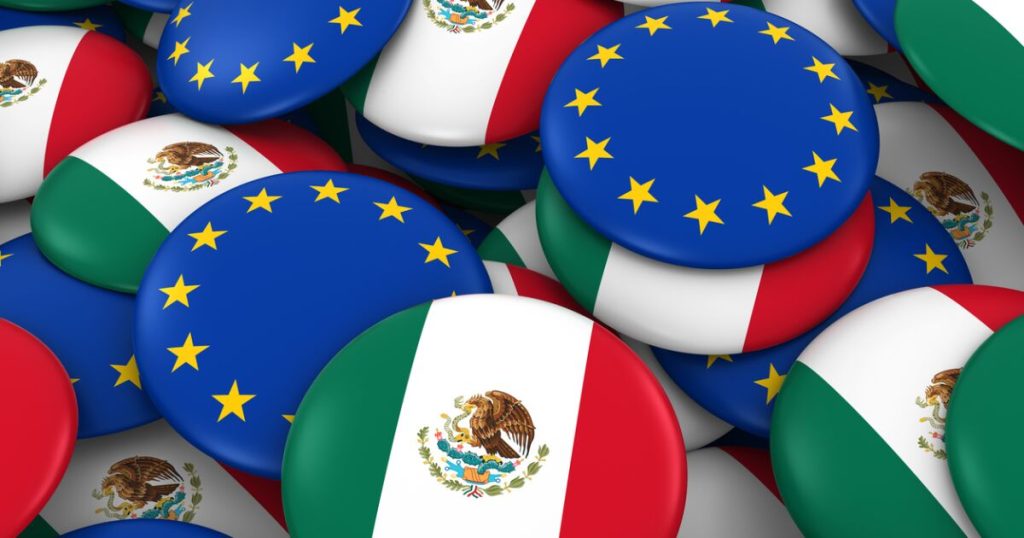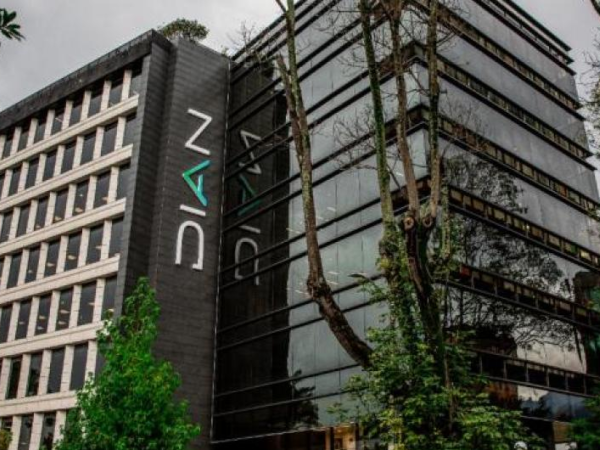HAVANA, Cuba. – We should ask artificial intelligence (AI) why Miguel Díaz-Canel is so obsessed with it. In recent days almost all of his speeches and interventions end up mentioning the topic, and just as the “creative resistance” has been the litany that as an “original concept” even earned him a doctorate, AI has begun to emerge as a constant in a verbiage that gives confidence in human virtues (because that is more or less what the hoax of “creative resistance” is about). “) has transitioned to disappointment, as a clear sign of impatience.
Díaz-Canel is desperate and in tantrums on the floor, because apparently he has discovered that the intellectual capacity of the men and women around him to advise him has not been useful to him and, on the contrary, they sink him deeper into ridicule every day. .
Nothing has gone well for him, his management only generates negative news and reactions, the few things he tries to pass off as good soon reveal themselves to be false, he is not friendly, he has no gift for people or words (he makes mistakes even when reading the speeches). ), and with this accumulation of adversities and poor qualifications as a politician, he is aware that there is no “natural” intelligence capable of helping him project a positive image, at least in those social networks where he has had no luck, not even inventing with Manuel Anido and Ana de Armas that soap opera Hello with which he intended to make one forget the failure of that other one that came as advice from his “advisors”: that of the couple united in love and politics, which included public messages to the “dictator of my heart” and even the occasional scene of singing, dancing and passionate kisses.
Enough failures to stop obeying that “natural” intelligence that advises you badly and start trying your luck with the AI that has not only become fashionable but is perhaps so efficiently used by the “enemy” to generate much cooler memes and messages. than those that were already generated before thanks exclusively to human talent, which only shines in fullness when it is totally free, that is, when the incentive for creativity is not guaranteeing the voice minutes and gigabytes of data of an “oil cell phone.” (the phones that the PCC distributes in exchange for messages being published in favor of the dictatorship) but to be authentic.
Precisely, a couple of hours after 2025 had just begun, the Presidency’s website published an article titled “Cuba, its intelligence, and a question: why not?”which arrived almost a few seconds after the newspaper’s new headquarters was inaugurated Rebel Youth (where Díaz-Canel showed fixation with the issue of AI and the urgent need to introduce it in the propaganda media), and almost in unison with a meeting that—according to information offered by sources who were at the scene—was convened by the Department of the Central Committee of the PCC that deals with information technology and communications, especially what they call “cyber combat”, where there was also talk of urgently turning to AI to face “enemy attacks” on the internet.
After that last meeting where there were many “clashes” between bosses and “cyberclarias”, while the former demanded greater creativity and productivity from the latter, which at the same time were justified with the well-known connectivity problems of ETECSA, with the blackouts, with little knowledge about many of the topics debated (as a consequence of not having access to independent press media due to the censorship imposed by the PCC itself, and due to the lack of information transparency of the media official), in some online forums, especially on Facebook and their own “soldiers”, for a more effective “cyber combat” against an “enemy”, who was clearly more creative and intelligent (not difficult in the face of “official” mediocrity).
A more effective “cyber combat” but, above all, one that justifies with the “good” results the excessive spending estimated at tens of millions of dollars (as explained by an official from the Ministry of Information Technology and Communications at the meeting itself) that the Party Communist charges the State budget and state companies for the importation of communication equipment (cell phones, computers, connectivity accessories, etc.) that it distributes for free and that is justified in this “ideological battle” (of high priority in 2025, according to the agreements of the IX Plenary Session of the PCC) that has parasitized the Cuban economy since long before that “Battle of Ideas” for which Fidel Castro even created a kind of “ministry” in the 90s, managed by Otto Rivero, a former secretary of the UJC who in 2009 was dismissed by Raúl Castro under accusations of disloyalty and corruption.
Although not at all smart as a politician but at least with some functional intelligence for elementary mathematics, Díaz-Canel has been able to calculate how much money could be saved if the “task” of confronting the enemy on social networks were left entirely in the hands of the AI, at the same time that this would guarantee a certain degree of creativity, originality, grace, cunning (and also good spelling) of which the cyberclarias, evidently much more enthusiastic about Bebeshito’s concert in Miami than with the March of the Combatant People in Havana. All of them (advisors and virtual soldiers) would perform better as arms in agriculture than as “brains” in the battle of cyberspace.















